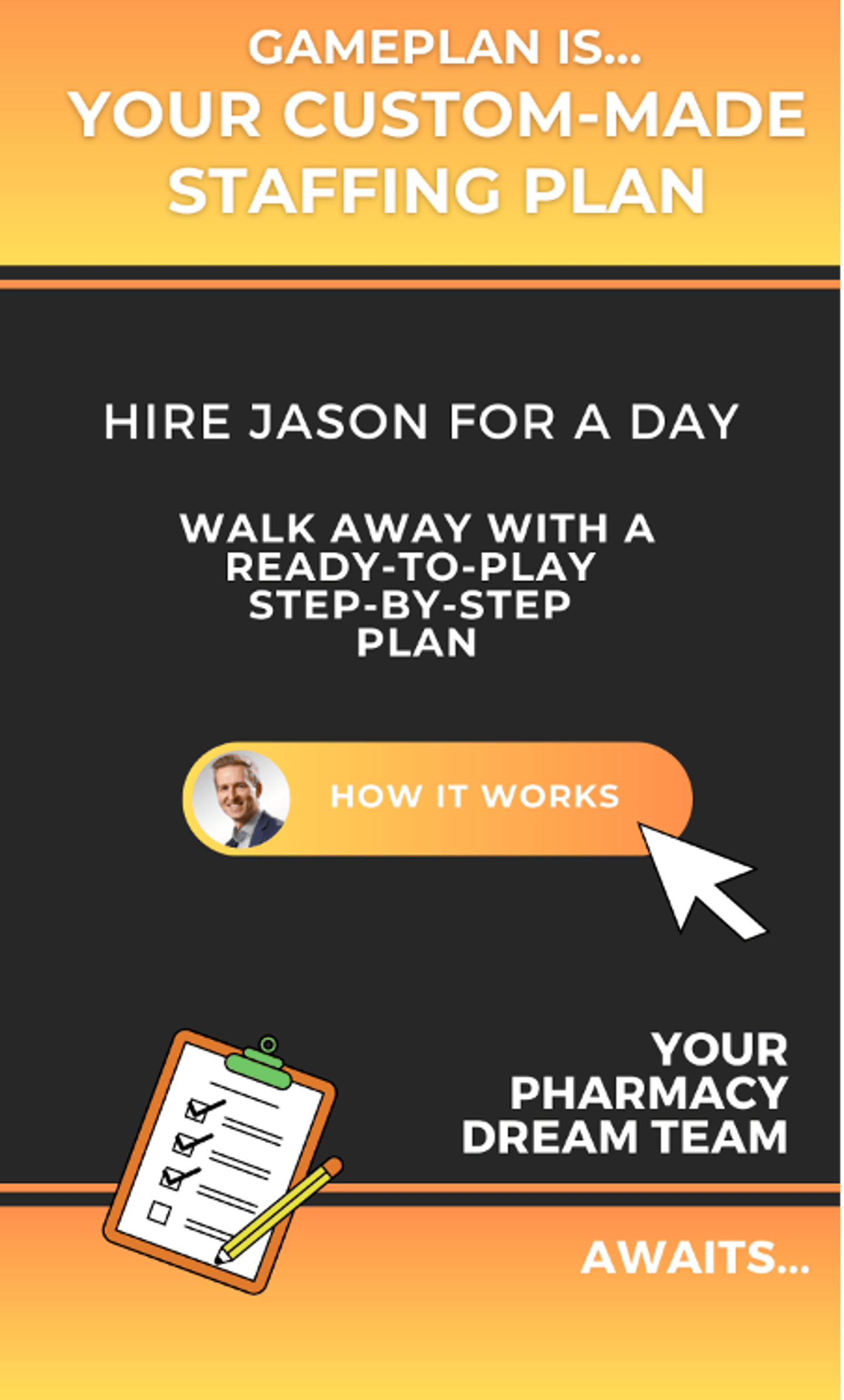What do you do when all your pharmacy staff quit?
If you are about to take over a new team, be aware of a common leadership trend: When you enter, others exit.
True story: in the first year of being a pharmacy manager, I was part of a fairly big team. We were four pharmacists, 14 assistants, three technicians, two office staff and a delivery team. I knew very little about leading people and was still wet behind the ears when it came to being an actual pharmacist, let alone a boss.
As a common by-product of having a new leader, a few staff members moved on, which unfortunately led to a mass exodus. Workplace exit happens organically when new philosophies and overarching reassessments happen inside a team. When a leader begins examining history, gathering mental data, asking questions and offering change, people naturally follow suit by doing the same in their own role. Suddenly they see restart potential for themselves.
In this specific case, two staff members left for the competitor. The next three months would prove a boss’s worst nightmare. All for their separate reasons, six more left and we were eight people short in total. Unbeknownst to any incoming new leader, the history of the pharmacy and the complex dynamics involved would bring an element of fragility and the team needed to be torn down to be build back up stronger.
Renovations are hard but somehow the smaller team pulled together and we found new opportunities for existing staff who were being overshadowed by previous staff. We stabilized the bleeding and recruited for all of the lost positions within the next year. We call this baptism by fire. As an inexperienced manager, I learned fast because I was forced to. I learned about building effective teams, the unlimited potential of great people, the muddy road of navigating intricate human dynamics and how to set people up for success.
In his book Good to Great, bestselling author Jim Collins writes, “Get the wrong people off bus, the right people on the bus, then drive.”
I no longer work in that same pharmacy, but the real-life lessons learned allow me to balance a unique portfolio today. I manage a staff in a corporate pharmacy where I practise full-time and own my own pair of stores semi-remotely. The hardship early in my career was a gift that allows me to do what I do today and has offered priceless experience that a university would charge handsomely to teach.
Repeatedly, I am reminded that everything we accomplish as pharmacists is made possible by the staff around us, and getting the team right is the first step before creating any product or program. Without the staff in place first, we are wasting our time building programs we cannot sustain.
One of the most satisfying parts of my day is seeing a staff member flourish. I invite you to tap into my 15 years of experience in your very own VIP day, where you hire me for one day. I help you build your pharmacy dream team, where I’ll use my popular depth chart tool to map out your custom step-by-step game plan and I’ll hand it all over by the end of the day.







